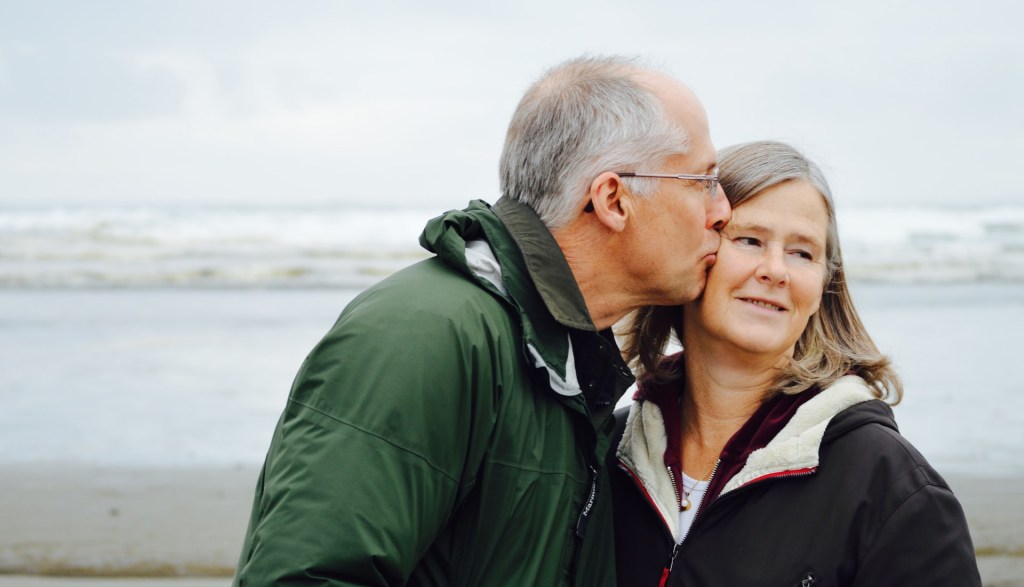As we age, it’s important to take care of our physical and mental health to ensure a comfortable and fulfilling life. However, there are certain issues that are often overlooked, yet they can have a significant impact on our overall health and well-being. In this article, we will discuss 10 frequently ignored issues that should be addressed for healthier aging.
1. Lack of physical activity
Physical activity is crucial for maintaining a healthy body and mind as we age. However, many older adults tend to become less active as they age, leading to a decline in muscle strength and endurance, and an increased risk of chronic diseases such as diabetes and heart disease. Regular exercise, such as walking, swimming, and strength training, can help to maintain physical function and reduce the risk of chronic diseases.
2. Poor sleep habits
As we age, our sleep patterns may change, and it can become more difficult to fall asleep and stay asleep. However, poor sleep habits can lead to a variety of health problems, such as fatigue, depression, and a weakened immune system. To improve sleep, it’s important to establish a consistent sleep schedule, avoid caffeine and alcohol before bedtime, and create a relaxing sleep environment.
3. Social isolation
Social isolation is a common issue among older adults, and it can have a negative impact on mental health and overall well-being. In fact, research has shown that social isolation is associated with an increased risk of depression, dementia, and other chronic health conditions. To combat social isolation, it’s important to maintain social connections through activities such as volunteering, joining a club or organization, or simply spending time with friends and family.
4. Poor nutrition
As we age, our nutritional needs change, and it’s important to consume a healthy and balanced diet to maintain physical and mental health. However, many older adults may not get the necessary nutrients from their diet, leading to malnutrition and other health problems. It’s important to consume a variety of fruits and vegetables, lean protein sources, and whole grains, and to avoid processed foods high in sugar and saturated fats.
5. Medication mismanagement
As we age, we may be prescribed more medications to manage chronic health conditions. However, it’s important to manage these medications properly to avoid negative interactions and side effects. It’s important to keep track of all medications, including over-the-counter drugs, and to inform healthcare providers of any changes in medication regimen.
6. Lack of oral care
The consequences of oral and tooth infections are perilous for older persons. Losing teeth, which is often brought on by infection, affects how we look and can make it more difficult to chew some meals. Receiving the food we require to function may become more difficult as a result.
Oral infections and associated repercussions are decreased by practicing proper oral hygiene, taking fluoride treatments, and receiving regular dental care. Here is a summary of the article’s key points.
We are aware that having poor oral health becomes increasingly prevalent as we age, and that tooth decay increases with age. In actuality, dental cavities are known to affect older persons nearly twice as frequently as they do younger adults.
Oral care is often overlooked as we age, but it’s important to maintain good oral health to prevent tooth decay and gum disease. Regular dental check-ups, brushing and flossing, and limiting sugary and acidic foods can help to maintain good oral health.
7. Vision and hearing loss
Vision and hearing loss are common issues among older adults, and they can lead to a decreased quality of life and an increased risk of accidents. Regular eye and ear exams can help to detect and manage these conditions.
8. Neglecting skin care
As we age, our skin becomes thinner and more fragile, making it more susceptible to damage from sun exposure, dryness, and other environmental factors. Regular moisturizing and protecting the skin from sun exposure can help to prevent wrinkles and age spots, as well as skin cancer. Additionally, it’s important to use gentle skincare products and to avoid using harsh soaps or scrubs that can dry out the skin.
9. Ignoring mental health
Age-related mental health issues are not a typical aspect of aging.
Even though elderly people may suffer several losses, prolonged, intense sadness may be an indication of clinical depression. Similar to how natural worry differs from an anxiety illness.
In any given year, one in four American individuals suffers from a diagnosable mental illness.
About 6% of senior citizens have a diagnosable depressive disorder.
The importance of mental and physical wellness is equal.
An entire sense of well-being is largely influenced by good mental health. In older adults, untreated mental health issues can result in decreased functioning, substance misuse, a poor quality of life, and an increase in mortality. According to research, mental problems might delay the recovery from physical illnesses.
Elderly people in good health can still develop, grow, and enjoy life!
Many people, regardless of age, enjoy engaging in activities like reading, strolling, and socializing. Maintaining social relationships and engaging in physical and mental exercise are both beneficial for your mental health.
Regardless of their past, older folks are at risk for mental health issues.
While some adults manage a chronic mental disease their entire lives, mental health issues can sometimes develop later in life. With the same success as younger ones, older adults can be assisted.
Eighty percent of older persons who received therapy and antidepressant medication for their depression were able to recover.
10. The importance of probate
Probate can also play a role in addressing some of the frequently ignored issues for healthier aging. For example, if an older adult does not have a plan in place for their assets and debts, it can lead to delays in paying for their medical expenses and long-term care. This can cause financial strain on the family and also cause delays in getting the older adult the care they need. By planning ahead and having a clear plan in place for probate, older adults can ensure that their medical expenses and long-term care will be taken care of in a timely manner.
Additionally, if the older adult has a trust or other estate planning tools, it can also avoid probate and make sure that their assets are distributed according to their wishes and that their loved ones are taken care of after their passing, without the need of going through the probate process. In Arizona probate can be avoided by using a trust, beneficiary designations or a small estate affidavit, which allows the assets to pass outside of the probate process.
Conclusion
As we age, it’s important to take care of our physical and mental health to ensure a comfortable and fulfilling life. However, there are certain issues that are often overlooked, yet they can have a significant impact on our overall health and well-being. These include lack of physical activity, poor sleep habits, social isolation, undiagnosed and untreated health conditions, poor nutrition, medication mismanagement, lack of oral care, vision and hearing loss, neglecting skin care, and ignoring mental health.
By addressing these frequently ignored issues, we can improve our overall health and well-being, and ensure a healthier aging process. It is important to be proactive in addressing these issues, and to have open and honest conversations with healthcare providers to ensure that we are receiving the proper care and treatment.


